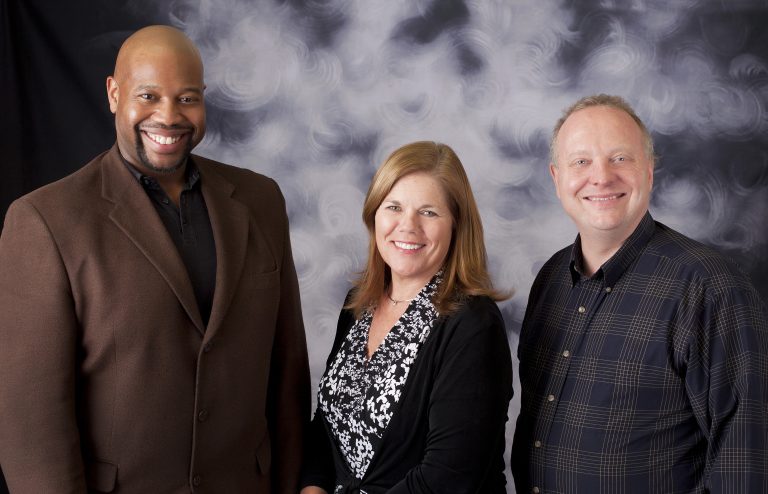Blog

By Dr. Aaron Ellington, PhD, LPCC-S, LICDC-CS
Cognitive Behavioral Therapy (CBT) is one of the most widely used and researched approaches for improving mental health. At the heart of CBT is the idea that our thoughts, feelings, and behaviors are connected. When we change how we think, we can often change how we feel and act. One of the most practical tools in CBT is the thought record—a simple but powerful way to catch unhelpful thinking patterns and replace them with more balanced perspectives.
What Is a CBT Thought Record?
A thought record is a structured worksheet or journal entry where you track a situation that triggered strong emotions, identify the thoughts you had, and examine whether those thoughts were accurate or distorted. The goal is not to “force positivity,” but to challenge unhelpful patterns and create more balanced, realistic thoughts.
Why Thought Records Are Helpful
- Increase awareness: Helps you notice automatic negative thoughts that often fly under the radar.
- Challenge distortions: Brings attention to patterns like all-or-nothing thinking, catastrophizing, or mind-reading.
- Shift perspective: Guides you toward alternative, balanced ways of viewing the situation.
- Reduce emotional intensity: When thoughts are more balanced, emotions often feel less overwhelming.
- Build problem-solving skills: By thinking more clearly, you can respond to challenges more effectively.
How to Use a CBT Thought Record
Most thought records follow a step-by-step process. Here’s a simple way to get started:
- Situation – Write down the event or trigger that led to distress. Be specific.
- Example: “My friend didn’t text me back after I asked about hanging out.”
- Emotions – Identify what you felt in the moment and rate the intensity (0–100%).
- Example: Sadness (70%), anxiety (60%), frustration (40%).
- Automatic Thoughts – Write down the thoughts that came to mind.
- Example: “She must be mad at me. I’m probably annoying.”
- Evidence For – List any facts that support this thought.
- Example: “She hasn’t responded, and she seemed quiet last time we talked.”
- Evidence Against – List facts that do not support the thought.
- Example: “She often takes time to respond. She’s been busy with work.”
- Balanced Thought – Rewrite the thought in a more realistic, compassionate way.
- Example: “She may just be busy. It doesn’t necessarily mean she’s upset with me.”
- Re-Rate Emotions – Go back to the emotions you listed and see if the intensity has decreased.
- Example: Sadness (30%), anxiety (25%), frustration (15%).
Tips for Making Thought Records Work
- Practice regularly: Use them even for small situations, not just big crises.
- Be honest: Write down your actual thoughts, even if they seem irrational.
- Look for patterns: Over time, you may notice repeated themes in your thinking.
- Pair with coping skills: After using a thought record, you might add mindfulness or relaxation techniques to support emotional balance.
Putting It All Together
CBT thought records are like training wheels for the mind—they guide you in slowing down, observing your thoughts, and shifting toward healthier perspectives. With practice, the process becomes second nature, and you can begin to challenge unhelpful thinking even without writing it down.
In Summary: A CBT thought record helps you catch negative thoughts, test their accuracy, and replace them with more balanced ones. Using this tool regularly can reduce emotional distress and help you respond to life’s challenges with greater clarity and confidence.
At Behavioral Health Services of Greater Cleveland, we specialize in evidence-based therapies like CBT that are tailored to your unique needs. Contact us today to schedule a consultation and explore the best options for your mental health journey. Behavioral Health Services of Greater Cleveland has two locations for in-person sessions (Rocky River and Medina), and Telehealth is available. Please call (866) 466-9591 ext. 0 for an intake.
Related Posts
Founded in 2008, BHSOGC has delivered professional Psychology Services to the greater Cleveland area with offices in Medina and Rocky River. We are a multi-disciplinary group practice with a clinical staff of psychologists, licensed social workers and masters level therapists.




